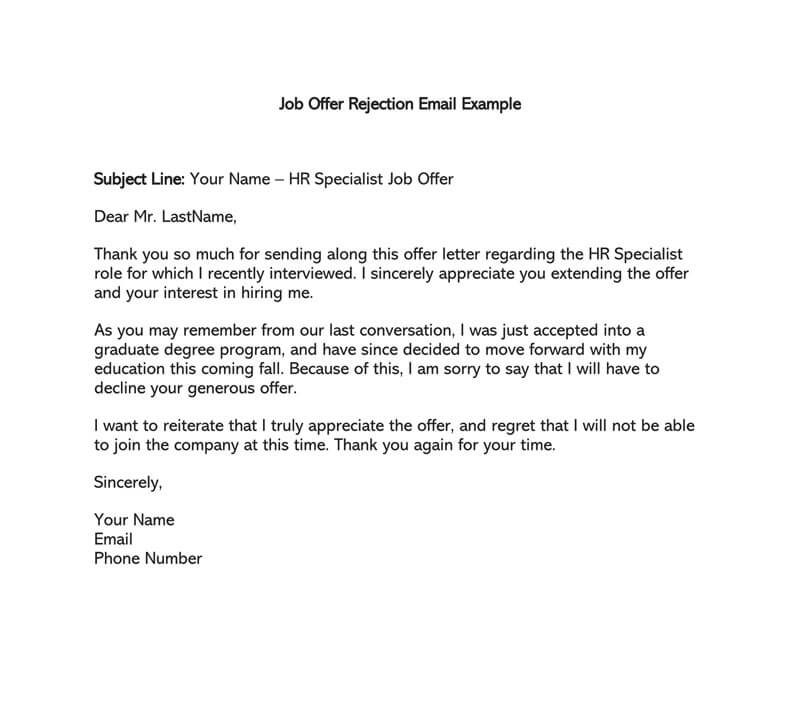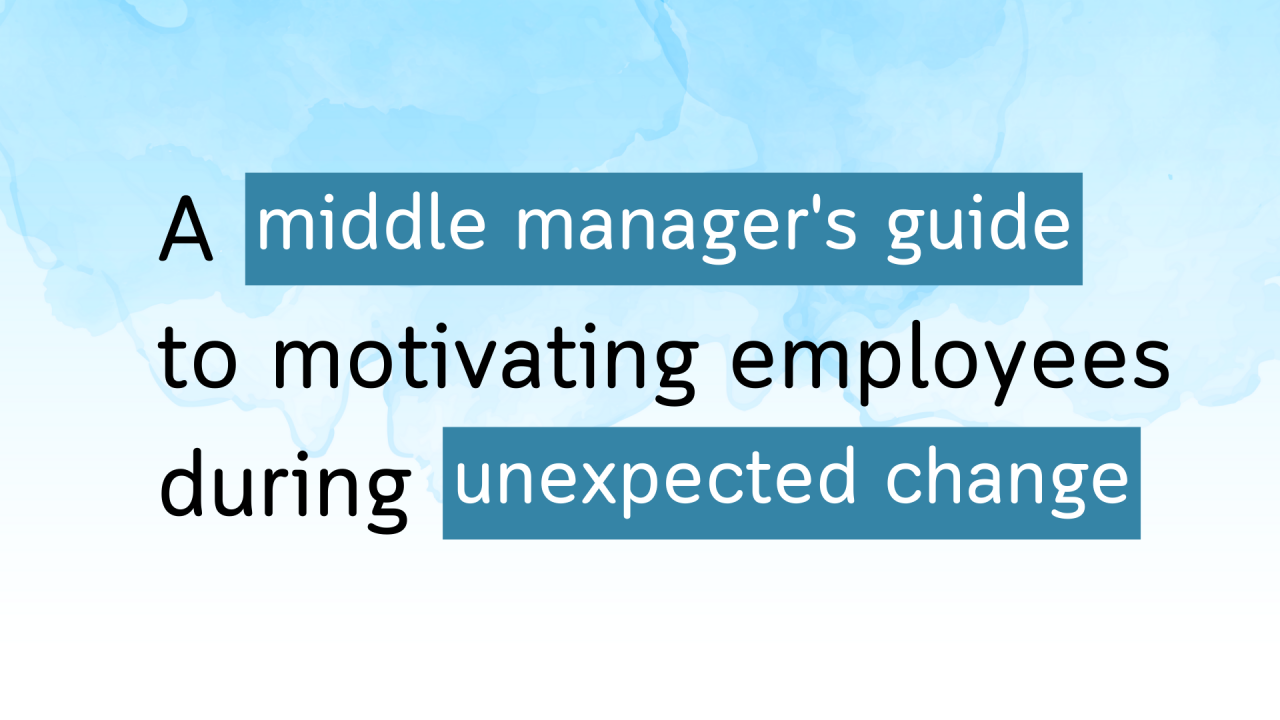Layoff Reversal: Accepting Or Rejecting A Job Offer From Your Former Company

Table of Contents
Evaluating the Offer: Weighing the Pros and Cons of a Layoff Reversal
A layoff reversal offers a unique opportunity, but it's crucial to weigh the pros and cons carefully before making a decision. This requires a thorough self-assessment and a realistic evaluation of your former employer.
Reasons to Accept the Offer:
Returning to a familiar environment can have several advantages:
- Financial Stability: After a layoff, immediate income and benefits are crucial. Returning to your previous role provides immediate financial security, avoiding the potential stress and uncertainty of a prolonged job search.
- Familiarity and Comfort: You already understand the company culture, processes, and colleagues. This familiarity can ease the transition and reduce stress compared to starting anew at a different company.
- Potential for Growth: A layoff reversal can be an opportunity to rebuild trust with your former employer and potentially advance your career within the company. This can demonstrate resilience and commitment.
- Reputation Enhancement: Accepting the offer can demonstrate loyalty and resilience to potential future employers, highlighting your adaptability and value to an organization.
The reduced risk and rapid reintegration into the workforce should be strongly considered. Returning to a familiar environment offers a known quantity, minimizing the uncertainties associated with a new job search and potential onboarding process.
Reasons to Reject the Offer:
While a layoff reversal might seem appealing, there are valid reasons to decline:
- Underlying Issues: Consider why you were laid off. Were there deeper problems within the company that haven't been addressed? A layoff often indicates underlying organizational issues, suggesting potential instability.
- Lack of Trust: Were the reasons for your layoff clear and convincing? Do you trust the company's commitment to long-term stability? Concerns about future job security and the potential for another layoff are legitimate and should not be ignored.
- Limited Career Advancement: Does the offered position provide sufficient opportunities for growth and advancement? If it feels like a sideways move or a step backward, it might be worth exploring other options.
- Better Opportunities Elsewhere: The job market is dynamic. The layoff might have opened doors to better opportunities elsewhere, offering higher salaries, greater responsibilities, or better career progression.
Carefully assess your compensation and benefits package. Is it competitive with industry standards? Don't underestimate the importance of considering salary, benefits, and career trajectory relative to other available opportunities.
Negotiating Your Return: Improving the Job Offer After a Layoff
Don't be afraid to negotiate. Your prior experience and contributions provide leverage.
Key Negotiation Points:
- Salary and Benefits: Advocate for compensation reflecting your market value and the lost income during your unemployment period. Consider citing similar roles and compensation in your industry.
- Job Title and Responsibilities: Negotiate for a role that better reflects your skills and aspirations. Perhaps the layoff provided you with time to reflect on your career goals.
- Severance Pay: Seek clarification and agreement on any outstanding severance payments. Understand the terms and conditions surrounding your severance.
- Performance Review: Request a formal agreement outlining clear expectations and performance metrics to avoid ambiguity and ensure a successful reintegration.
Remember, your past performance and contributions to the company provide a strong foundation for a successful negotiation. Be prepared to present a case for your desired terms.
Protecting Yourself Legally: Understanding Your Rights After a Layoff
Before accepting or rejecting the offer, review your rights.
Reviewing Your Employment Contract:
- Severance Package: Ensure the terms of your severance package are clearly understood and met before accepting a new role.
- Non-Compete Clauses: Understand any restrictions on future employment, particularly if you're considering alternative opportunities.
- Employee Benefits: Confirm the continuation of health insurance and other benefits, including the transition process.
- Legal Counsel: Consider seeking legal advice if you're unsure about any aspect of your employment contract or the layoff process.
Legal counsel can provide invaluable assistance in ensuring you understand your rights and options fully. Seeking advice early in the process can prevent future complications and ensure a fair outcome.
Conclusion
A layoff reversal is a significant career decision. Carefully evaluating the offer, understanding the pros and cons, and negotiating favorable terms are crucial steps. Protecting your legal rights and considering all your available options empowers you to make an informed decision about your future. Don’t rush; take your time to assess the layoff reversal and choose the path that aligns with your career aspirations and financial security. Make the best decision for your future by carefully considering all aspects of this layoff reversal.

Featured Posts
-
 Ai Rulebook Trump Administrations Influence On European Policy
Apr 26, 2025
Ai Rulebook Trump Administrations Influence On European Policy
Apr 26, 2025 -
 Long Abandoned Skyscraper Project Construction To Restart After A Decade
Apr 26, 2025
Long Abandoned Skyscraper Project Construction To Restart After A Decade
Apr 26, 2025 -
 The Crucial Role Of Middle Managers In Boosting Company Performance And Employee Satisfaction
Apr 26, 2025
The Crucial Role Of Middle Managers In Boosting Company Performance And Employee Satisfaction
Apr 26, 2025 -
 Revolutionizing Voice Assistant Creation Open Ais 2024 Developer Event
Apr 26, 2025
Revolutionizing Voice Assistant Creation Open Ais 2024 Developer Event
Apr 26, 2025 -
 Blue Origins Launch Abort Details On The Subsystem Failure
Apr 26, 2025
Blue Origins Launch Abort Details On The Subsystem Failure
Apr 26, 2025
